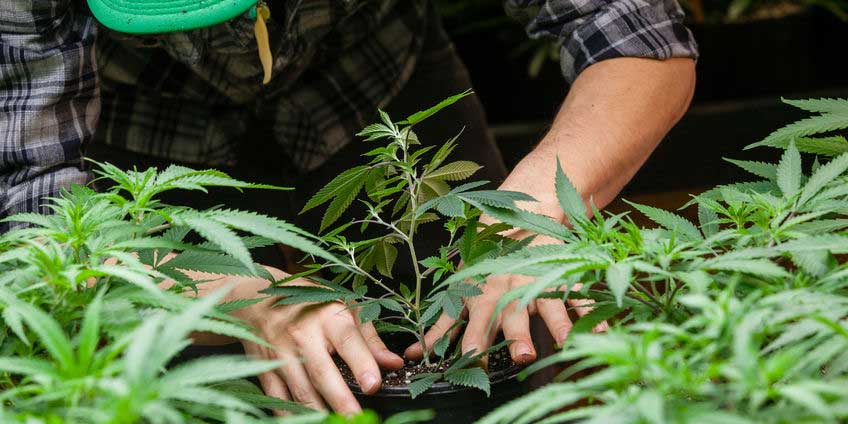The USDA recently confirmed the legality of hemp and its interstate transportation, and announced it intends to issue regulations that govern hemp production.
This and other recent federal statements are fueling optimism in the hemp industry
It’s been an exciting time for hemp and hemp derivatives, including CBD products. Recently the United States Transportation and Safety Administration (TSA) announced that hemp-derived CBD can be transported on airplanes. And now the U.S. Department of Agriculture (USDA) has issued an important legal opinion concerning the legality of hemp transportation, based on the 2018 Farm Bill. What does this mean for hemp growers, distributors, consumers, and everyone else involved?
Takeaways from the announcements
In an important move for the hemp industry, the USDA confirmed earlier this month that it’s legal to transport legally produced hemp across state lines, even across the states that don’t allow hemp production under their jurisdictions. Here are the key takeaways from the USDA’s legal opinion:
- States and Indian tribes ‘may not prohibit the interstate transportation or shipment of hemp lawfully produced under the 2014 Farm Bill.’
- Hemp produced under the 2014 version of the bill also qualifies for the interstate transportation protection.
- The USDA recognizes the farm bill’s removal of hemp and its derivatives from the Controlled Substances Act (CSA), calling it self-executing and stressing that it requires no further action from federal agencies.
- Those with felony drug convictions are exempted from being banned from participating in the legal hemp industry for 10 years if their involvement began before the enactment of the 2018 bill and after the enactment of the 2014 version.
- However, the farm bill does not affect the authorities that regulate hemp under FDA laws, such as the secretary of Health and Human Services or the commissioner of Food and Drugs.
Finally, the USDA stressed that states and Indian tribes still control the production of hemp in their respective jurisdictions, just not the transportation.
The USDA issued its clarification because of some confusion regarding the legality of hemp and hemp derivatives under the 2018 Farm Bill. For example, in some states, most recently Oklahoma and Idaho, hemp shipments have been seized and treated as a controlled substance. Oklahoma police officers thought they were seizing a large shipment of marijuana, and THC testing had to be done to prove otherwise. In Idaho, hemp itself is considered a controlled substance, and therefore it was illegal to transport hemp that was legally grown in Oregon through Idaho for processing in Colorado.
What hemp advocates can look forward to
The USDA plans to enact implementing regulations and approve state-submitted regulatory plans before any hemp cultivation can begin under the 2018 Farm Bill (doing so ahead of the 2020 planting season was mentioned as a timeframe). This, along with the transportation announcement, is creating a lot of optimism about the future of the hemp industry.
More states are getting on board. Hemp Industry Daily recently noted:
Afraid of missing hot opportunities in hemp while the federal government mulls national rules, states are adopting a surprising number of laws to start or expand hemp production. […] Hemp expansion is happening even in states where new legislation wasn’t debated this year.
Have any questions about hemp or hemp-derived CBD products? We are passionate advocates for the safe, effective, and legal use of hemp-derived CBD and actively follow the latest scientific and legislative developments. Please visit our CBD FAQ for more information, or contact us with any questions.
